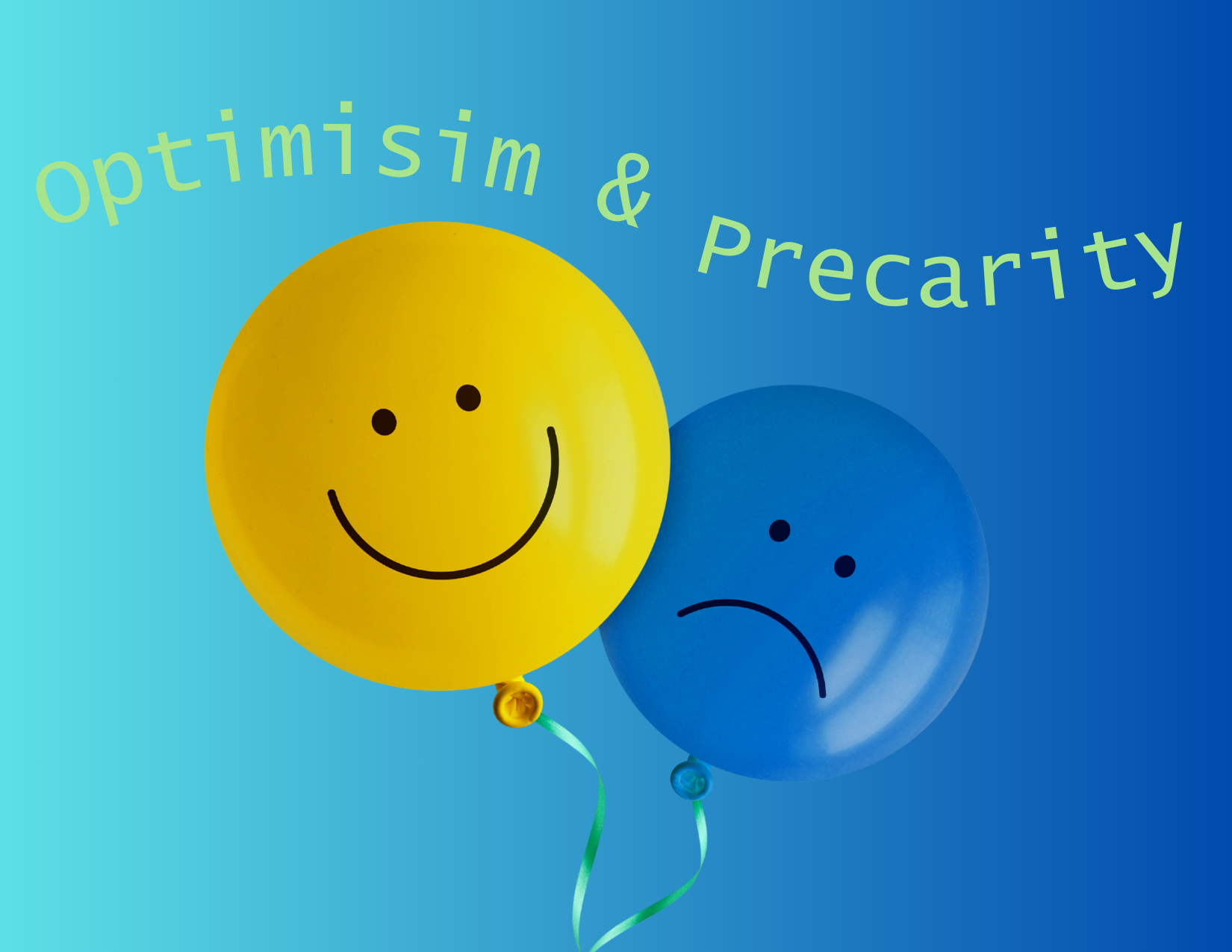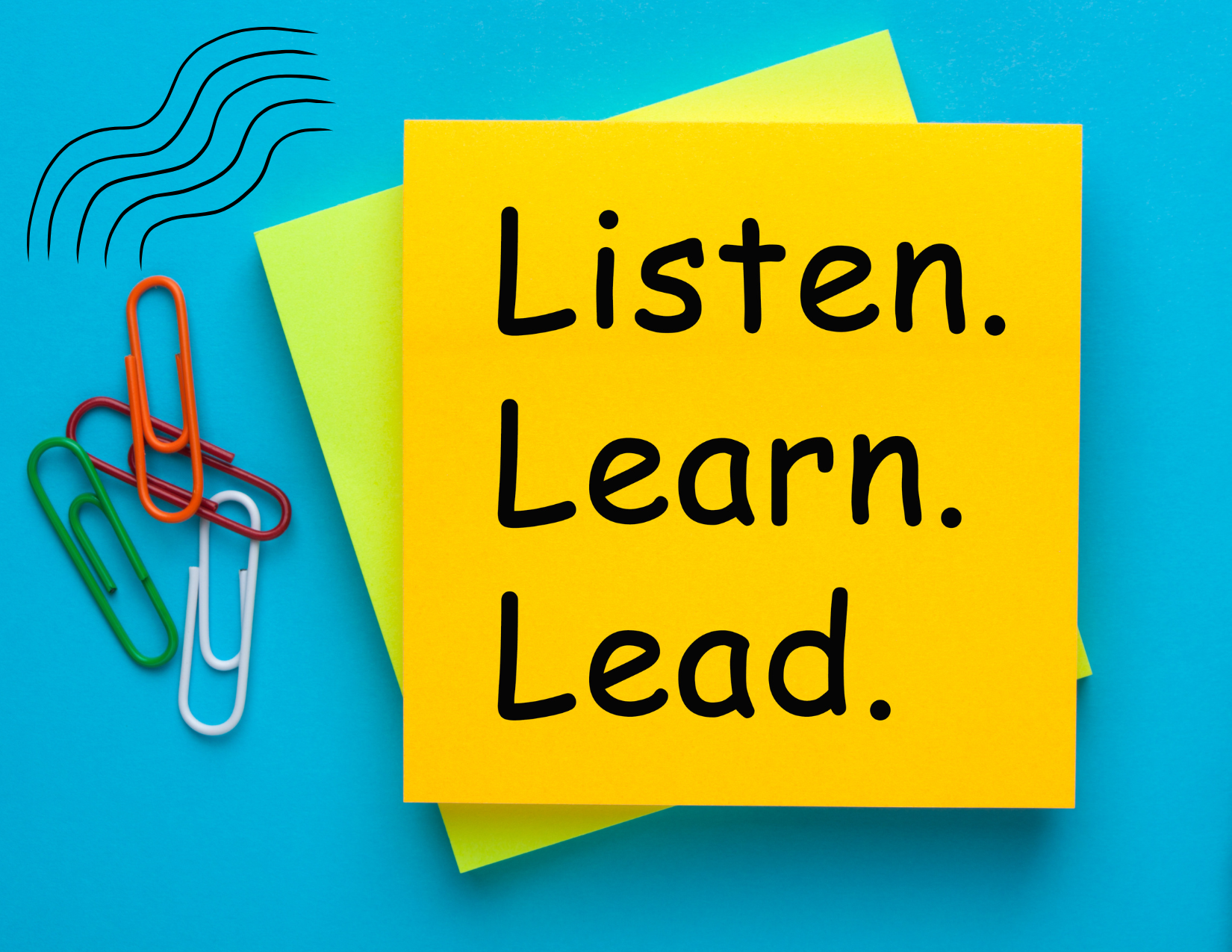How many times do you say “yes” to a request only to find yourself stressed or in a time crunch? Are you the person everyone knows will say “yes” when asked to do something? What do you think motivates this type of behavior? While saying “yes” and sorting out details later can be effective in the short-term, it can have negative consequences in the long run, impacting both your physical and mental health.
Reasons why you might be saying “yes” too often.
Several factors might affect your likelihood of saying “yes” or “no” to something. These factors include personal values, priorities, emotions, social norms, past experiences, and perceived benefits or costs. For example, you may feel compelled to agree to requests for fear of being perceived as uncooperative. Alternatively, you might struggle with declining requests because you want to avoid disappointing others or have the desire to be accommodating. You also may be driven to accept more responsibilities because of your need to seek approval or because you have FOMO, fearing of missing out.
Regardless of the reasons, it is essential to establish boundaries and prioritize your needs and well-being. Having a “yes” mindset can quickly become a default habit that, when normalized, can develop into a behavior that others expect from you, placing yourself in an emotional and behavioral loop.
Why is it important to understand what motivates your behavior?
Understanding what motivates your behavior is crucial because it helps you make more intentional and informed decisions by identifying the triggers and patterns that drive your actions. Take the time to pause and explore why you might be saying “yes.” Gaining deeper knowledge about yourself can lead to a more fulfilling and satisfying life as it helps align your actions with your goals, values, and beliefs. It can also help you identify areas for improvement.
What drives your actions and decisions? Intrinsic and extrinsic factors are two types of motivating forces that can influence your behavior. Intrinsic motivation comes from within us through personal values, interests, or a desire for self-improvement. On the other hand, extrinsic motivation is guided by external factors, such as rewards or recognition from others. Understanding what is driving your behavior is important in determining what decisions you want to make when requests come your way. It is also necessary to establish boundaries, giving you more agency and control of your life.
Here are some questions to consider the next time someone asks you to do something:
· Is this important?
· Why is this important?
· What is the benefit that will be derived?
· Who will derive the benefit?
· How will saying “yes” impact me?
· How will saying “yes” impact others?
· By saying “yes,” what am I saying “no” to?
· What are the costs of saying “yes”?
· What are the benefits of saying “yes”?
Life is a constant journey of self-discovery. When it comes to behavior, there is no checking the box of mastery; there is a continuous practice, tweaking, and the need to give yourself grace when you stumble.






